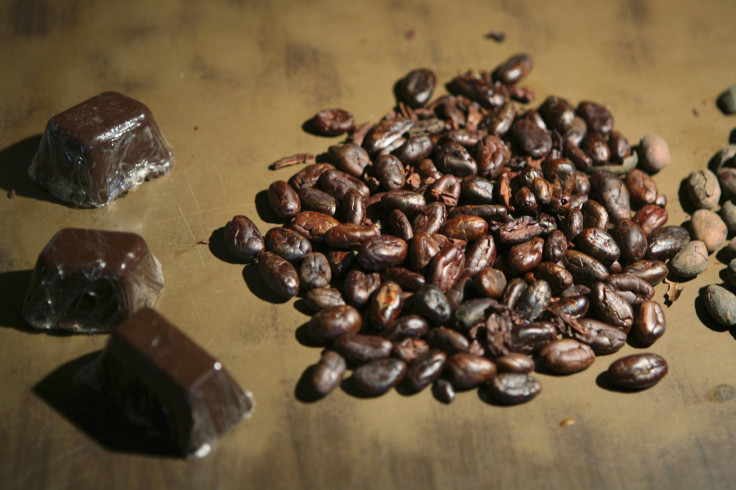Chocolate Is Brain Food for Snails, Helps Build Long-Lasting Memories

Chocolate compound can improve a snail's memory by acting on the neurons that store memories, a new study has found.
The study was conducted by researchers at the University of Calgary, who tested the effects of a chemical epicatechin (epi) that falls under a class of compound found in chocolates called flavonoids on the memory of a pond snail.
The pond snail breathes through its skin and when immersed in water that has no oxygen, it opens its breathing tube (pneumostomes) to make up for the loss. It turns out that you can teach the snails to keep its breathing tube shut in the deoxygenated water by gently tapping on it before the breathing tube opens.
How long the snail will remember to not open the breathing tube in the water depends on how long the snail has been trained. The researchers found that normally a snail's memory after a 30-minute training session lasts for about 3 hours but with epi, the snail remembers to keep its breathing tube shut in deoxygenated water for almost 24 hours.
The researchers then tried to rewrite the memory by training the snail to leave the breathing tube open. The snail's memory resisted the change showing that epi not only helps build new memories but that it can be maintained over a long time. According to the researchers, epi directly acts on neurons that store memory thus building a memory that can't be changed.
A previous research had shown that another compound in the chocolate called flavanol helped strengthen learning abilities by protecting the neurons from injury, improving metabolism and in turn improving the blood flow to the brain.
The study is published in the Journal of Experimental Biology.
Published by Medicaldaily.com



























